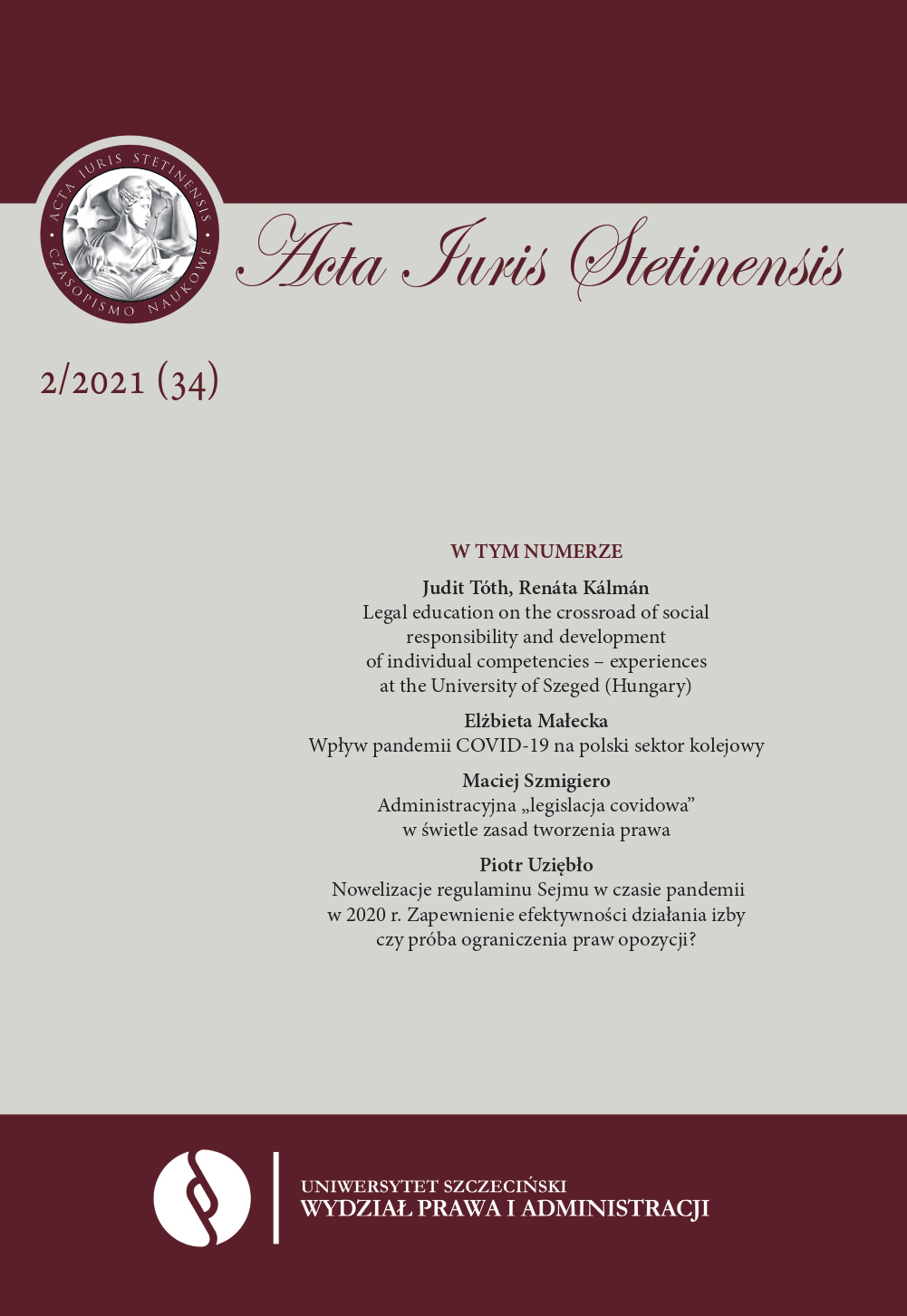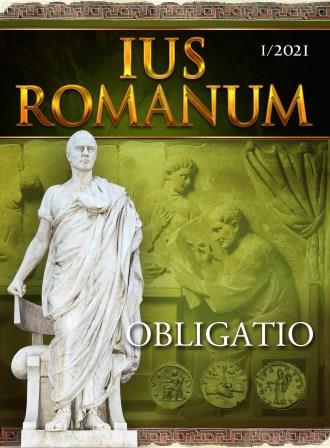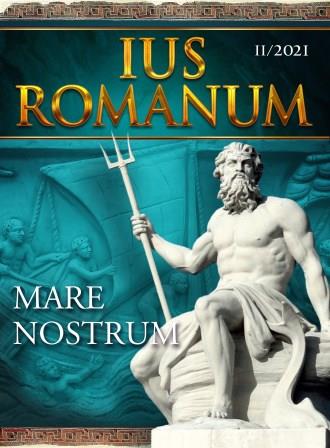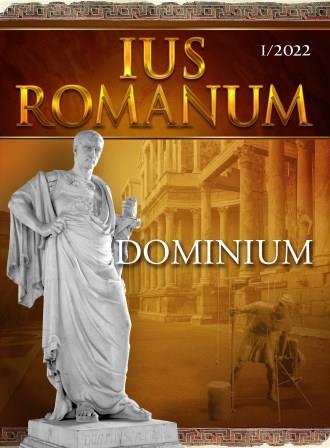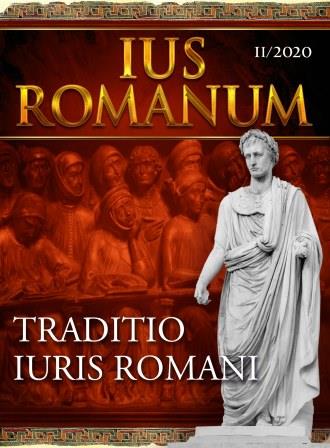
ГРЕШКАТА В РИМСКОТО ПРАВО СПОРЕД ФИЛИП ЛОТМАР И ИЗГУБЕНОТО МУ НАСЛЕДСТВО В ШВЕЙЦАРСКОТО ПРАВО
With comprehensive research on the error in all areas of law, Philipp Lotmar (1850-1922) aimed at solving the eternal question of the definition and effects of errors on the basis of the Roman sources, in particular to what extent the contract is binding in the event of a error – until today one of the core questions of private law. His work could have influenced the revision of the law of errors until 1911 in Switzerland in some aspects, if the publication of his work had taken place in time. He offered other solutions to the issue of dissent and error about the future. Lotmar would certainly have welcomed the most famous provision of Swiss law on errors, Art. 24 para. 4 CO, through which the external error can also become considerable.
More...
